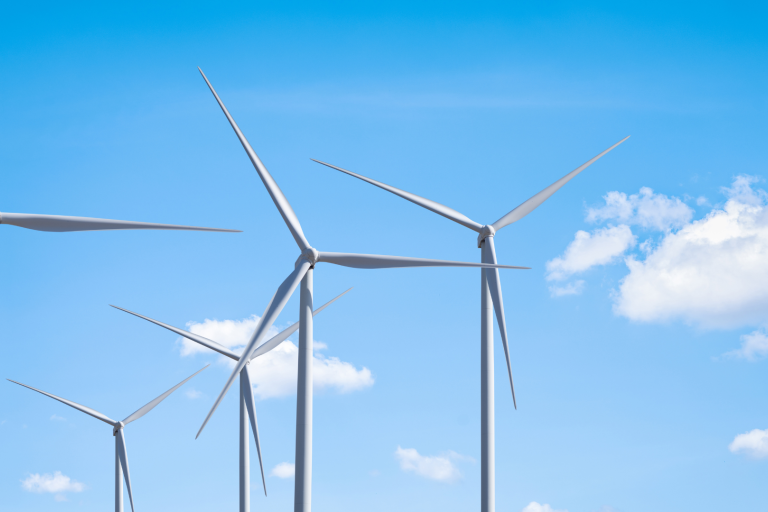Just Launched: WMO Energy and Meteorology portal

Just Launched: WMO Energy and Meteorology Portal
In the beginning of 2024, WMO launched the WMO Energy and Meteorology portal, marking a significant step towards facilitating weather, water and climate information and services. The portal is designed to enhance the capacities of the WMO Members by providing knowledge, data and services to address challenges and opportunities in the energy sector and moving towards net-zero energy transition.
The portal serves as a platform for knowledge sharing among WMO Members, facilitating access to a wide range of relevant publications and guidelines, case studies, data sources, toolkits and training courses. It also provides a platform for engagement and networking, as well as connecting service providers with service seekers in the energy sector through country, company, academic and international organizations profiles.
One of the key features of the portal is its Global Risk Atlas, an interactive tool developed to assess climate-related risks on hydropower generation and provide action-oriented services for decision and policy-makers. The development of a Climate-based Risk Atlas for solar and wind is in the pipeline.
On the occasion of the launch of the portal, WMO hosted an online webinar, which saw the participation of more than 70 experts from across the globe. Participants included energy experts from National Hydrological and Meteorological Services (NMHSs), and representatives from private, academic and international organizations sectors.
WMO Energy Demonstration Products in Chile and Costa Rica
WMO energy mini projects are small-scale, science-based, and low-budget projects to develop scalable demonstration products based on specific needs of WMO members. These projects involve collaboration between academia, National Meteorological and Hydrological Services (NMHSs), and other national stakeholders in the energy sector, such as ministries of energy.
Two WMO energy mini-projects were concluded in Chile and Costa Rica in February 2024.
- In Costa Rica, an AI-based short-term wind speed forecasting model for wind power plants was developed, successfully tested, and implemented for selected power plants in the country. The Costa Rican Electricity Institute (ICE) will ensure the sustainability of the project by maintaining the tool as part of its internal prediction and monitoring platform for the energy sector in Costa Rica.
- In Chile, a model for estimating evaporation rates on water bodies with floating solar panels was developed and incorporated into the solar Energy Explorer of the Energy Ministry of Chile. The Directorate of Meteorology (DMC) and the Energy Ministry of Chile were the users of the project, and a scientific team from Diego Portales University (UDP) of Chile served as the project's service provider. The mini-project showed that floating solar panels can decrease evaporation up to 85% in summer with an average of 77% across Chile.
The WMO energy mini-projects initiative [BG1] provides technical support to WMO Members to transition towards more resilient and renewable energy systems. This initiative is responding to the COP28 call upon Members to triple the renewables capacities and double energy efficiency by 2030 and supports Members to achieve net-zero energy transition by 2050.

